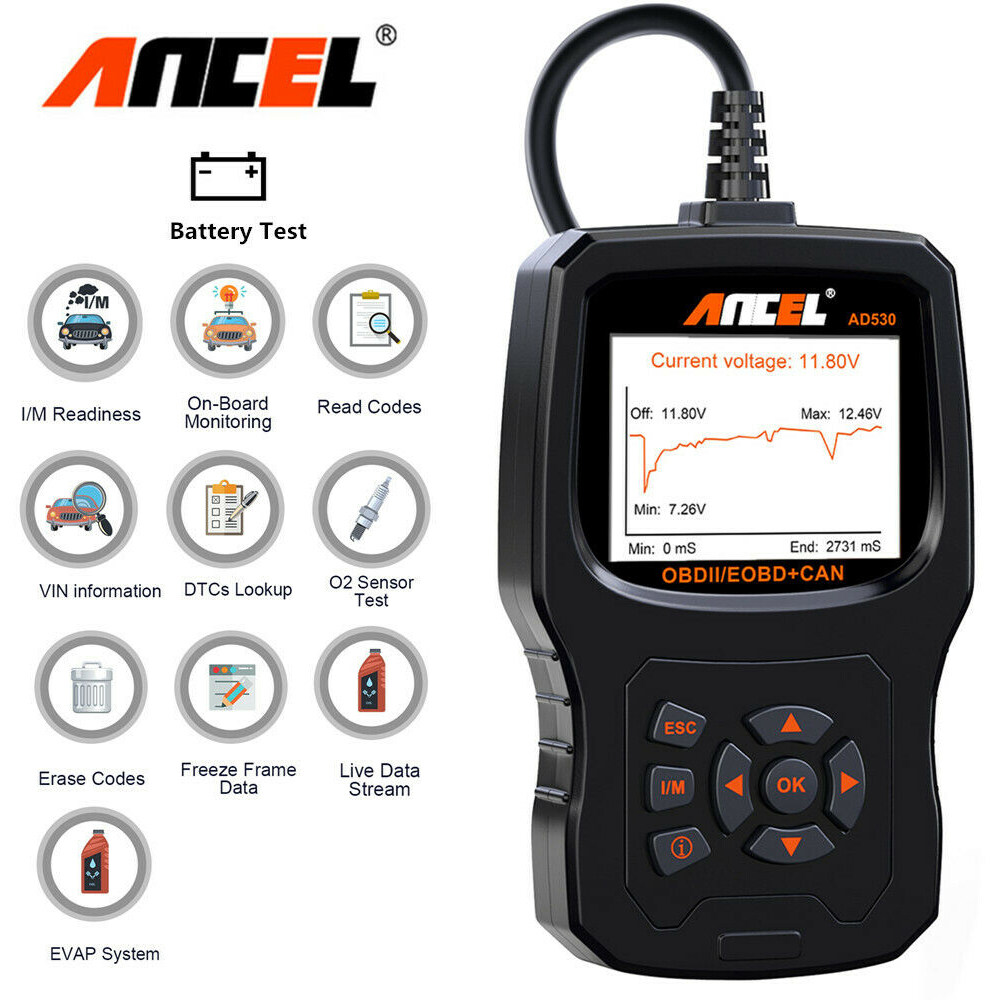
To measure proteins, they used mass spectroscopy in collaboration with John Froehlich, PhD, and Richard Lee, MD, in Boston Children's Department of Urology, as well as enzyme-linked immunosorbent assays (ELISAs). "Our population allows us to closely match athletes with and without concussion in terms of age and sex."Įventually, the team gathered enough samples to compare the urine profiles of 95 athletes: 48 who sustained concussions and 47 controls. "As concussions occur, we wait for those samples to come in," says Cassandra Daisy of the Moses Lab, co-first author on the study with Howell and fellow Moses Lab member Speros Varinos. Athletes who sustained a concussion (diagnosed by a sports medicine physician) provided a repeat urine sample within seven days, and again one, three, six, and 12 months after injury. They consented the athletes and collected and froze their urine samples according to protocols established in the Moses Lab. Until the pandemic, Moses and her team attended annual preseason evaluations at a local college. "We had the study population, and Marsha's lab brought the scientific expertise of urine biomarker discovery and validation," says Howell, who is now at the University of Colorado. "Urine testing can be done early and often and is inexpensive compared to other types of tests."Ī dialogue quickly started up. "In many illnesses, markers of physical and biological damage find their way into the bloodstream, and can often be found in the urine," Moses says. Moses's renowned urine biorepository contains thousands of samples. Over time, the team has also validated urinary biomarkers for chronic pelvic pain, benign prostatic hyperplasia, endometriosis, and more. Several of her team's non-invasive urine tests are now in clinical trials. Moses's work, going back more than 20 years, began as a way to detect and monitor a variety of cancers. "My lab works in the urinary biomarker space," she said. Marsha Moses, PhD, director of the Vascular Biology Program at Boston Children's approached Howell afterward. In 2015, David Howell, PhD, a postdoctoral fellow with Meehan, gave a talk at Boston Children's describing a study of concussion they were just beginning in collegiate athletes.

New research in the January 11 issue of Neurology could lead to just that: protein "biomarkers" in urine that could be used to diagnose concussion and monitor recovery. We are always looking for objective markers of injury." But there are lots of reasons to want to diagnose concussion acutely - it can facilitate recovery, prevent kids from going back to sports too quickly, and avoid second-impact syndrome. Rebekah Mannix, MD, MPH, in Boston Children's Division of Emergency Medicine, says 40 to 60 percent of concussions are missed in the acute setting, where more visible injuries tend to get the attention. Could it be a concussion?' It would be great if a test could just tell us yes or no."

"But we've also had a lot of kids coming in worried, saying, 'I'm not doing so well in school and I play soccer.


"Athletes usually want to go back to their sport, so lots of times they say, 'I feel great, doc,' putting themselves at risk should they sustain a second brain injury," says William Meehan, MD, a physician in the Division of Sports Medicine at Boston Children's Hospital and director of The Micheli Center for Sports Injury Prevention.


 0 kommentar(er)
0 kommentar(er)
